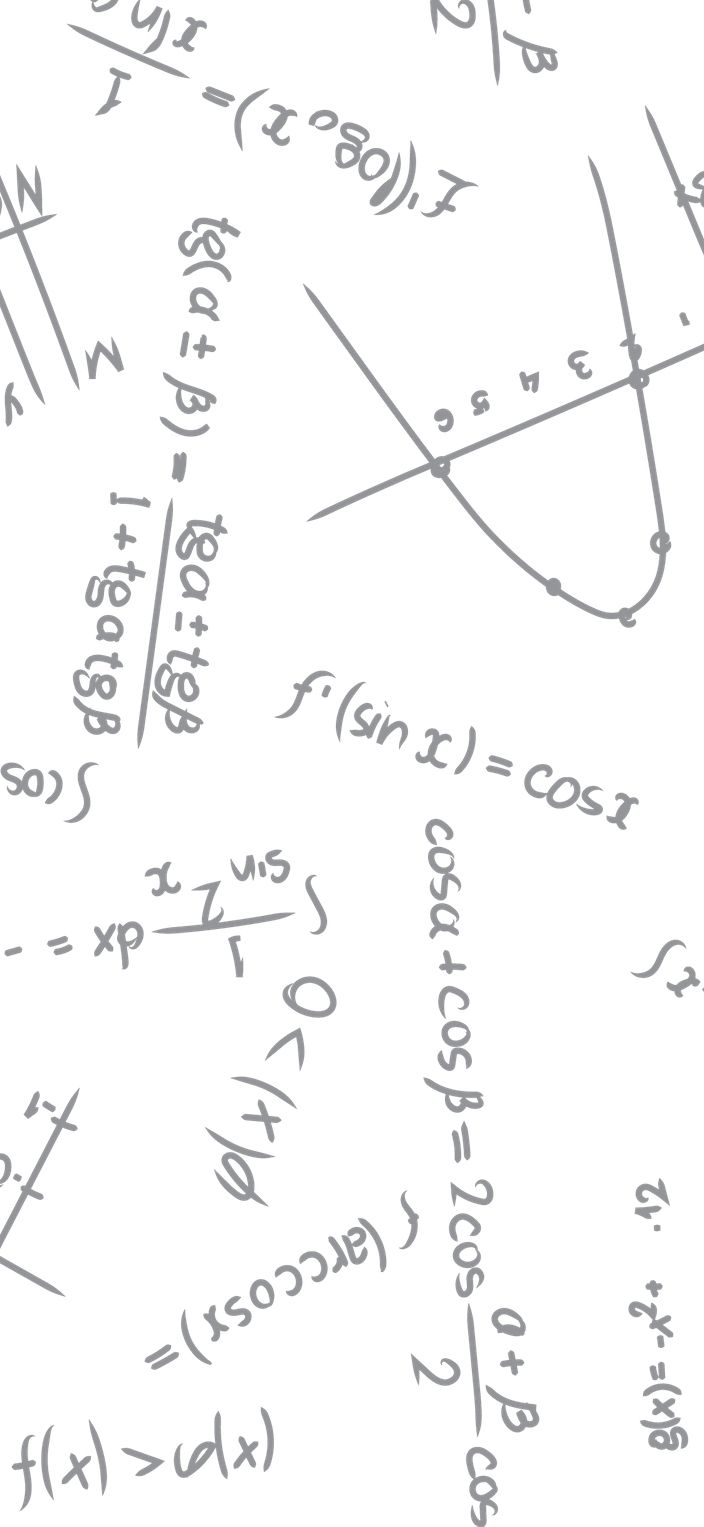
Teacher education courses are structured to meet this expectation. From 2007, the NSW Institute of Teachers required primary undergraduate programs to include three units in each of English/literacy and mathematics/numeracy, with two units in each of the other four KLAs (14 units out of a total of 32 units in a typical program).
From 2012, new national requirements modified this to require16 of the 32 units to be focused on the content and pedagogy of the KLAs, with at least two in each area. Two year graduate programs require two units in each of English and maths, and one in each of the other four KLAs.
In 2013, the NSW Government endorsed the Great Teaching, Inspired Learning report (GTIL), which included a recommendation for specialist strands in mathematics and other areas to be developed within primary programs.
Concerned debate
While this recommendation was not premised on a perception of weakness in the teaching of primary mathematics, a concurrent public and professional debate did indeed embody this concern.
Assertions of fragility in the grasp of mathematics by many primary teachers (with little evidence proffered) and concern about flat lining or even declining NAPLAN/PISA trends, along with the controversy over low ATAR entry scores for many initial teacher education (ITE) programs, gave impetus to calls for greater concentration on science and mathematics teacher preparation.
This fitted easily into a wider debate around the necessity for a stronger effort in STEM subjects across all levels of education.
The Federal Government’s Teacher Education Ministerial Advisory Group’s (TEMAG) report in 2015 was more direct in lamenting teacher preparation in these areas and called for all primary teaching graduates to have a specialisation, with initial focus on STEM subjects.
NSW approach
Following GTIL, a 2015 pre-election commitment of the NSW Government was that the Board of Studies, Teaching, and Educational Standards (BOSTES) would work with universities to include a specialist mathematics, science and technology or languages strand within primary ITE programs.
The approach adopted is not premised on moving the model of primary teaching from the generalist cross KLA teacher to a secondary teaching model.
Rather, within the generalist framework of primary degrees, there is the opportunity for teachers to specialise in mathematics (and science and technology/languages) and over time all KLAs will have a specialist framework as well.
Increased capacity
This should be seen as providing a stronger capacity in mathematics that, once the graduate has been successfully inducted into teaching with all the new learning that entails, should become available as a resource to colleagues.
Such a specialist would be able to take the lead in supporting colleagues not confident in maths, to be a leader in professional development activities within the school, to provide direction in the supervision of primary practicum students in mathematics teaching, and in mentoring new teachers in this KLA.
The approach adopted is voluntary for both university providers, and for students. The intention is that the more capable students might seek to pursue what is designed as a challenging program.
The approach supports, and is consistent with, the National STEM School Education Strategy which was developed by NSW and adopted by the Education Council of Ministers in December 2015.
The Office of the Australian Chief Scientist has released a paper on mathematics teaching in primary schools that is also consistent with the NSW approach.
This is the first time an Australian jurisdiction has developed such a policy. The initiative depended on the willingness of a number of universities to work on the policy framework and to design appropriate programs.
This is now well underway in a number of universities. BOSTES has not adopted the TEMAG proposal of every graduate being termed a specialist on the basis of some minor additional study in any KLA area, though it should be noted that some national work is seeking to develop a framework for this.


































































































































